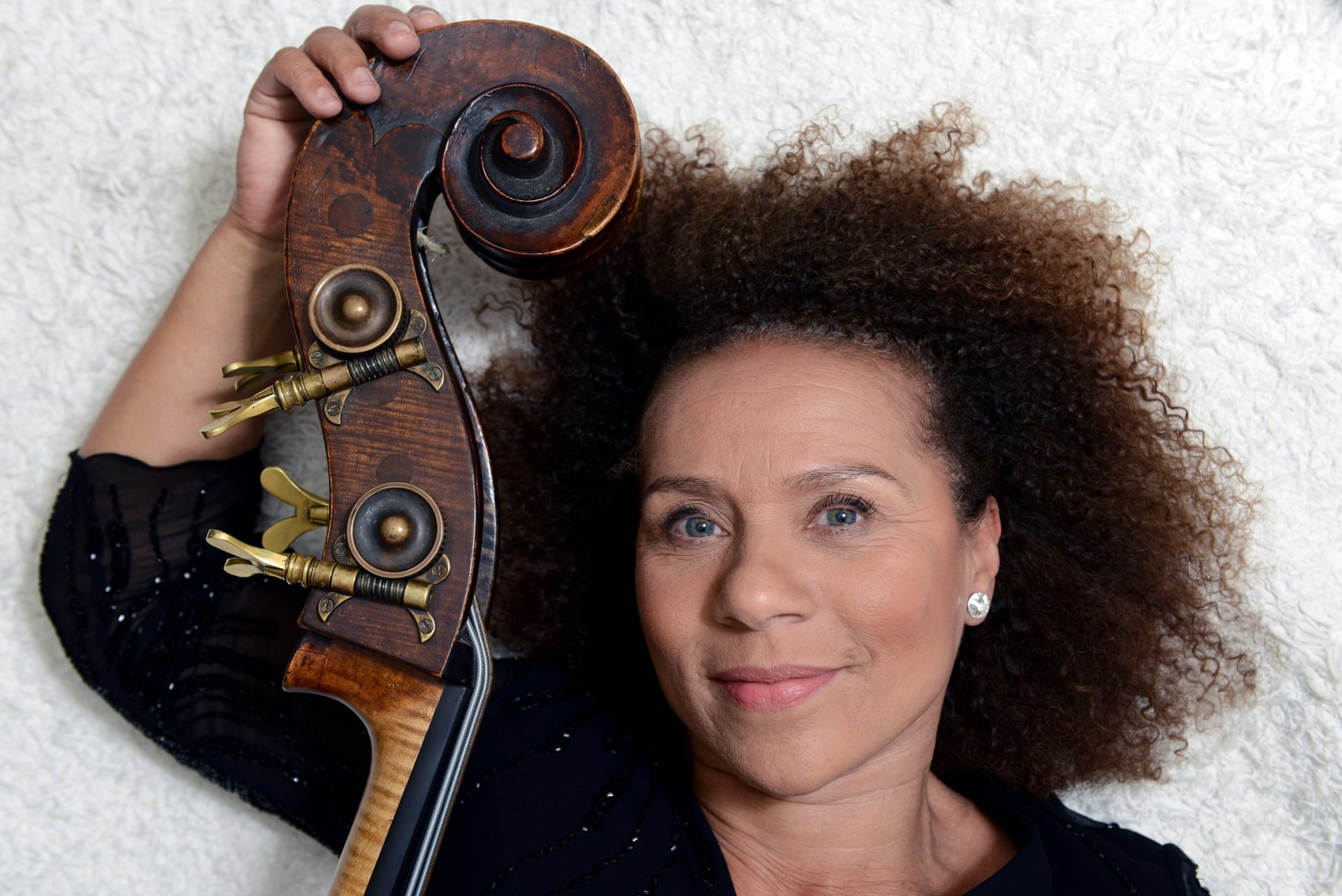Whither ‘non-racialism’: the ‘new’ South Africa turns twenty-onePosted in Africa, Articles, Media Archive, Politics/Public Policy, Social Science, South Africa on 2015-10-05 18:29Z by Steven |
Whither ‘non-racialism’: the ‘new’ South Africa turns twenty-one
Ethnic and Racial Studies
Volume 38, Issue 13, 2015
pages 2167-2174
DOI: 10.1080/01419870.2015.1058511
Deborah Posel, Professor of Sociology
Institute for Humanities in Africa (HUMA)
University of Cape Town, Cape Town, South Africa
This brief essay reflects on the meaning and significance of ‘non-racialism’ in South Africa’s recent past and present. I consider the version of non-racialism that shaped the transition from apartheid to a constitutional democracy as having had dual dimensions, ethical and strategic. Ethically, non-racialism has signified a principle of human recognition that exceeds the mere tolerance of difference. Strategically, non-racialism has afforded ways of managing and disciplining the historical realities of racial differences. The politicization of race in recent years has rendered the project of non-racialism more precarious: both its ethical and strategic dimensions merit further scrutiny, if the project is to be revitalized.
Read the entire article here.

